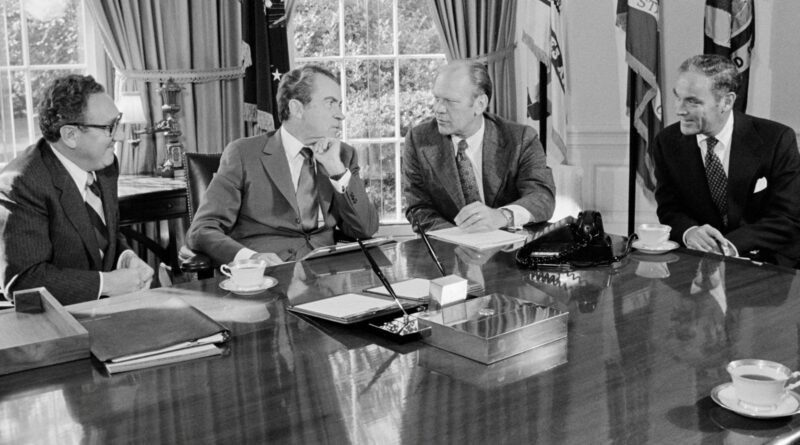Understanding the US Presidential Pardon: Its Purpose and Historical Use | US News
Joe Biden has granted a pardon to his son, Hunter, but he is not the first president of the United States to exercise his clemency powers in this manner.
Hunter had been found guilty of firearm-related offenses and pleaded guilty to federal tax evasion, with sentencing scheduled for later this month.
According to the US Constitution, a president has the authority to grant clemency, which encompasses both pardons and commutations.
What constitutes a US presidential pardon or commutation?
A pardon absolves individuals of federal criminal offenses, while a commutation lessens the severity of penalties.
This power originates from English law, where the monarch could extend mercy, and the US Supreme Court has determined that the authority for presidential pardons is quite expansive.
However, a president may only issue pardons for federal offenses, not for state crimes, and impeachment convictions are ineligible for pardon.
Below are additional instances of US presidents employing their clemency powers.
Donald Trump
In the closing weeks of his presidency, Donald Trump issued a series of contentious pardons.
The list of those pardoned included former Congress members found guilty of corruption and two individuals implicated in the Russia investigation that loomed over his first term.
George Papadopoulos, the initial Trump campaign aide to plead guilty in the Mueller investigation regarding Russian interference in the 2016 election, was included in this clemency group.
In December 2020, Trump also pardoned Charles Kushner, Jared Kushner’s father.
The senior Kushner had earlier pleaded guilty to tax evasion and making illegal campaign contributions.
Bill Clinton
In 2001, Bill Clinton pardoned his half-brother Roger Clinton, who had served time for drug-related offenses.
Additionally, he pardoned Susan McDougal, a former business associate who served two years for her involvement in the Whitewater real estate case.
Richard Nixon
Richard Nixon, pardoned in 1974, is the only US president to have resigned from office.
In the aftermath of the Watergate scandal that led to his downfall, his successor, Gerald Ford, extended a full and unconditional pardon for any offenses he might have committed against the United States.
This move sparked allegations of a deal between the two, and it created significant public backlash, contributing to Ford’s defeat in the 1976 election.
Explore more on Sky News:
Forecasters predict temperatures could drop to -10C
Retired police dog saves a missing person
Barack Obama
Chelsea Manning was responsible for the unauthorized release of sensitive US government information.
The former US Army intelligence analyst was found guilty of espionage and other charges by court-martial in 2013.
Manning leaked approximately 750,000 documents, videos, diplomatic cables, and battlefield accounts to WikiLeaks while stationed in Iraq in 2010.
Initially sentenced to 35 years in prison, Manning was released in 2017 after serving seven years when Barack Obama commuted her sentence.





